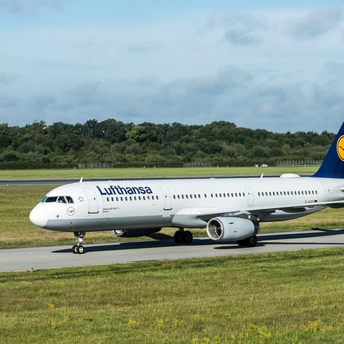Surprise Ticket Charges Await Grand National Visitors on Merseyrail

Train operator Merseyrail will introduce a temporary fare increase during the Aintree Grand National Festival in April. Passengers travelling from Liverpool Central or Moorfields to Aintree will be charged £6 for a special "event ticket" instead of the usual £5.05. Unless travelers specifically request the lower fare, the more expensive ticket will be issued by default, raising questions about fare transparency during peak travel periods.
This decision comes shortly after Merseyrail reported record financial results, with pre-tax profits reaching £43.9 million. Despite this, over £42 million was paid out in dividends to shareholders. The RMT rail union has criticised the operator, calling the fare increase an act of profiteering that takes advantage of festival-goers. They argue that passengers should not face higher prices when attending a widely celebrated public event.
If you are a visitor to Liverpool for the Grand National weekend this fare policy just adds unexpected extras. Many travelers may not be aware they need to ask for the cheaper ticket, especially if they are unfamiliar with the system. Some may have to pay more as the result of a complete lack of guidance, which is the sure way to get some major frustration and poor travel experience.
The move signals a broader issue within UK rail travel—event-based fare changes that are not clearly advertised. Tourists, especially the newcomers to this area would find it hard to guess or understand these temporary policies. That makes budgeting tricky and impacts decisions on whether you should take public transport or look into an alternate travel option.
The main lesson here is the need to be aware of local ticket pricing rules when attending large-scale events. A one pound difference may be insignificant, but the principle of fairness in pricing is important. If you are in the high-traffic events, clear and open communication of transport providers is critical. Inconsistencies in fare practices not only erode trust but can affect how residents engage with their regional transport systems.



















